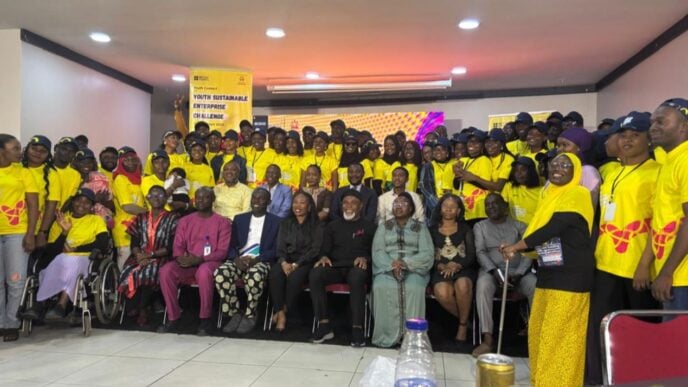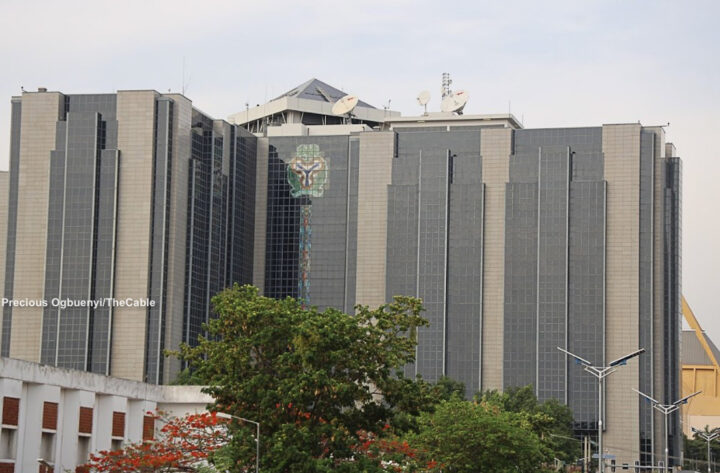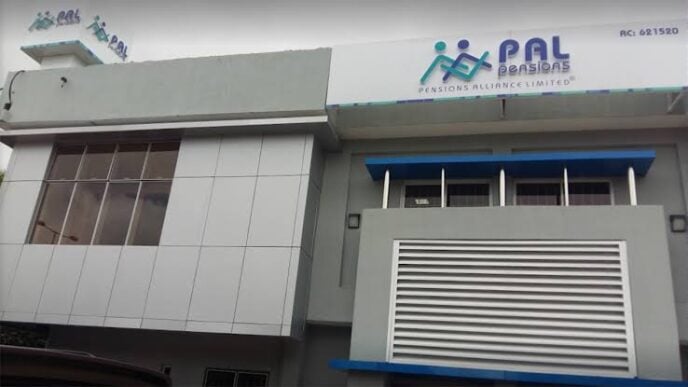Abdullahi Maiwada, NCS public relations officer
The Nigeria Customs Service (NCS) says it has gone live with its automated excise register system (ERS).
An excise register system is the official record-keeping and monitoring framework used by government revenue authorities (like Nigeria Customs Service or tax agencies) to track businesses that manufacture, import, or sell goods subject to excise duty.
In a statement on Thursday, Abdullahi Maiwada, NCS public relations officer, said the move follows the conclusion of a pilot phase conducted between July and August 2025.
The ERS was activated at three factories: British American Tobacco Nigeria (BATN) Plc in Oyo, International Tobacco Company (ITC) Limited in Kwara, and Leaf Tobacco & Commodities Nigeria Limited in Kaduna.
Advertisement
“As part of an extensive modernisation agenda and with a strong commitment to efficient excise administration, the Nigeria Customs Service (NCS) has successfully concluded the pilot phase of its Automated Excise Register System (ERS),” the statement reads.
“The formal activation of the ERS follows a series of extensive field activities undertaken by the Service, which included rigorous User Acceptance Testing (UAT), system validation processes, and comprehensive hands-on training engagements with both Customs officers and excise factory personnel.
“Building on this progress, the Excise Register System (ERS) has officially gone live at three key excise facilities across the country: British American Tobacco Nigeria (BATN) PLC in Oyo State, International Tobacco Company (ITC) Limited in Kwara State, and Leaf Tobacco & Commodities Nigeria Ltd in Kaduna State.”
Advertisement
According to Maiwada, the facilities were chosen as pilot sites because of their “strategic importance to Nigeria’s excise sector” and their ability to provide a strong foundation for nationwide rollout.
He said the pilot phase achieved a 75 percent efficiency score during user acceptance testing at BATN, successfully integrated production and reporting systems, and improved collaboration between NCS and factory management teams.
“With the commencement of live operations, all excise-related transactions at the three factories will now be managed exclusively through the ERS,” Maiwada said.
“This includes recording production figures, computing excise duties, and generating statutory reports. The adoption of the platform is expected to drastically reduce reliance on manual documentation, eliminate inconsistencies in data reporting, and enhance transparency across the excise value chain.
Advertisement
“Ultimately, this transition is a crucial step towards building a more accountable and technology-driven excise administration framework.”
‘EMBRACE EXCISE REGISTER SYSTEM’
The NCS spokesperson added that insights from the pilot phase will guide the system’s nationwide deployment, which will extend to other excise-regulated industries such as beverages, spirits, and other manufacturing segments.
He called on industry stakeholders to embrace the reform and provide feedback as the system is expanded nationwide.
Advertisement
The service also urged stakeholders to support efforts to establish a stronger and more transparent excise system that promotes compliance, improves efficiency, and secures sustainable revenue for the federal government.
Advertisement











